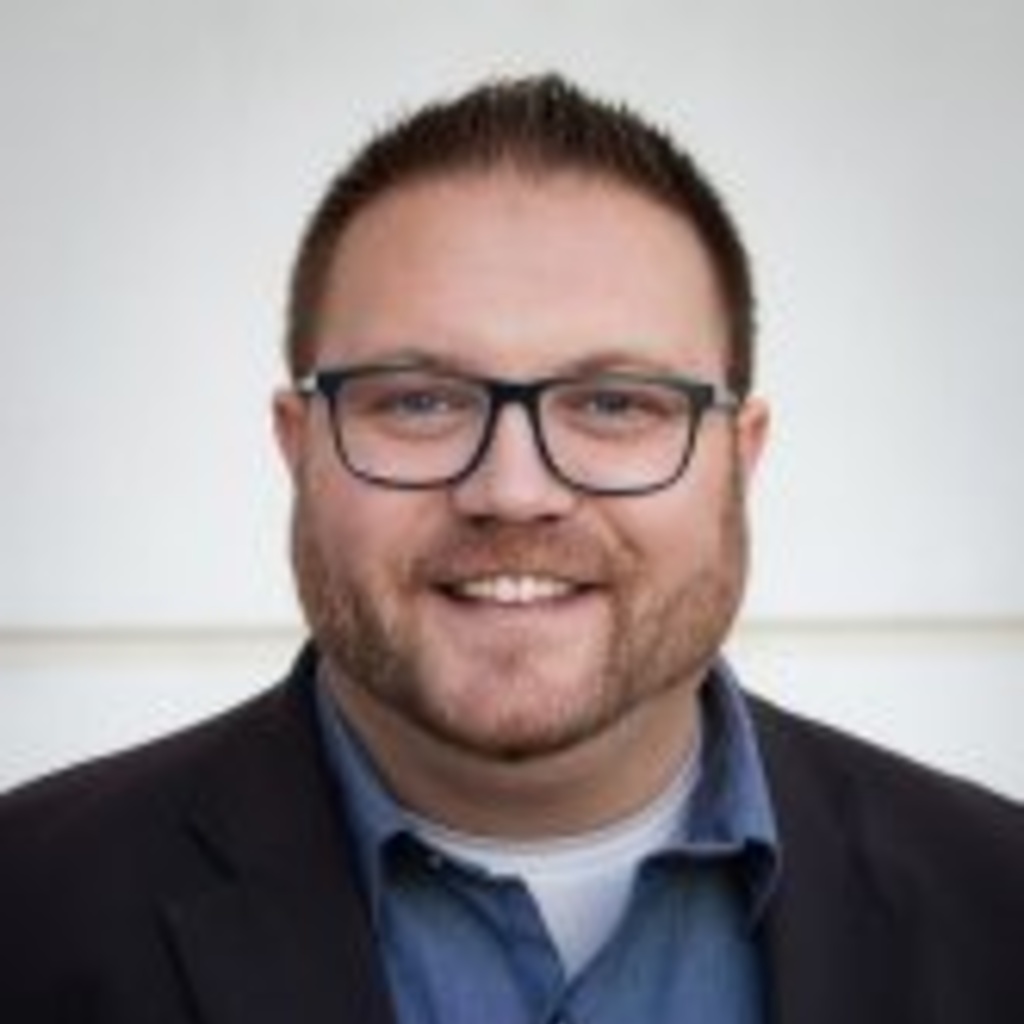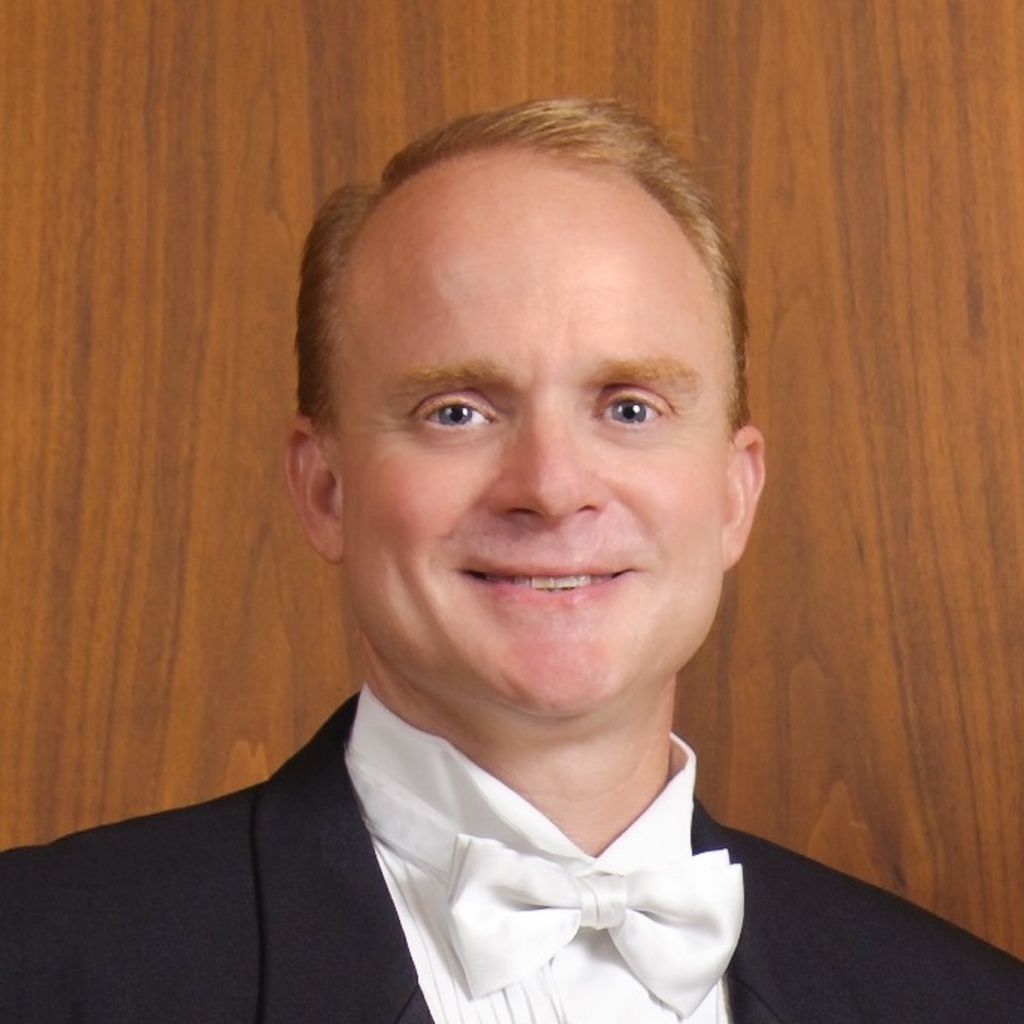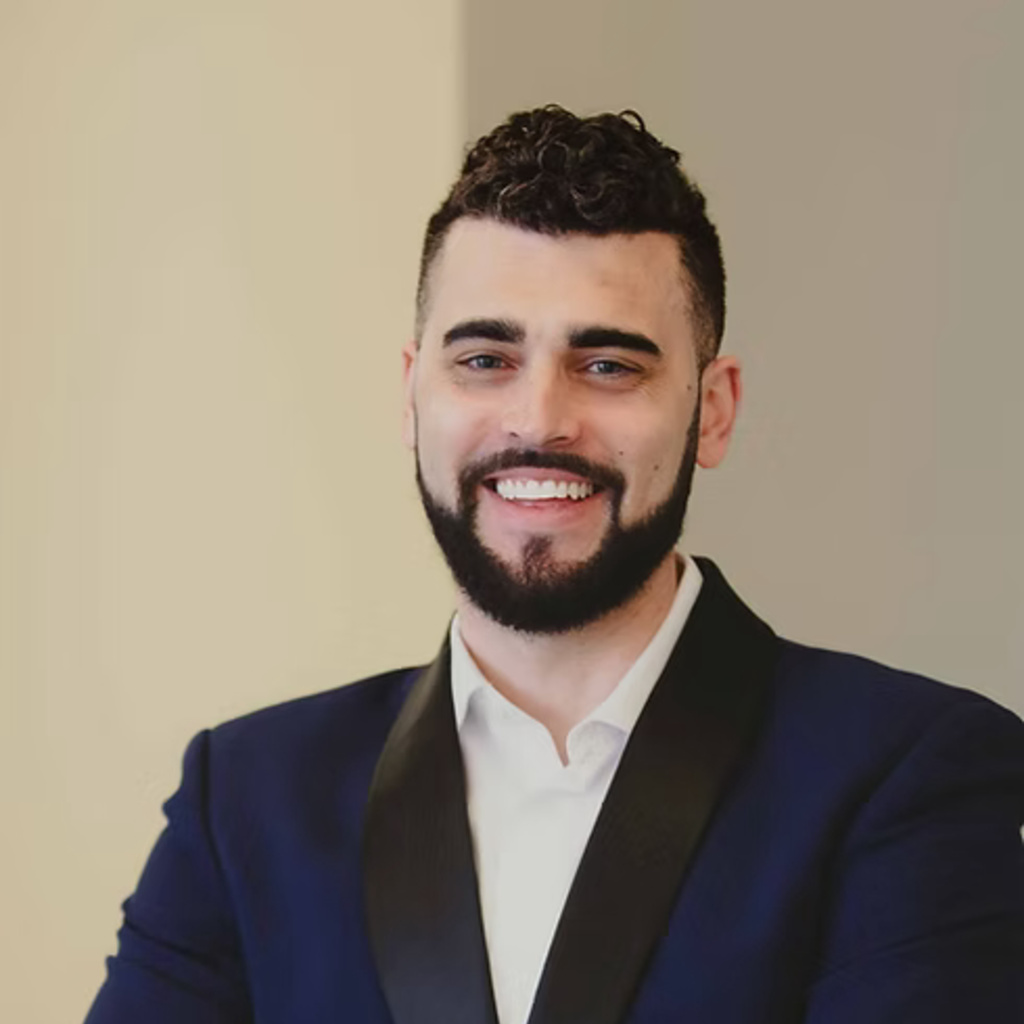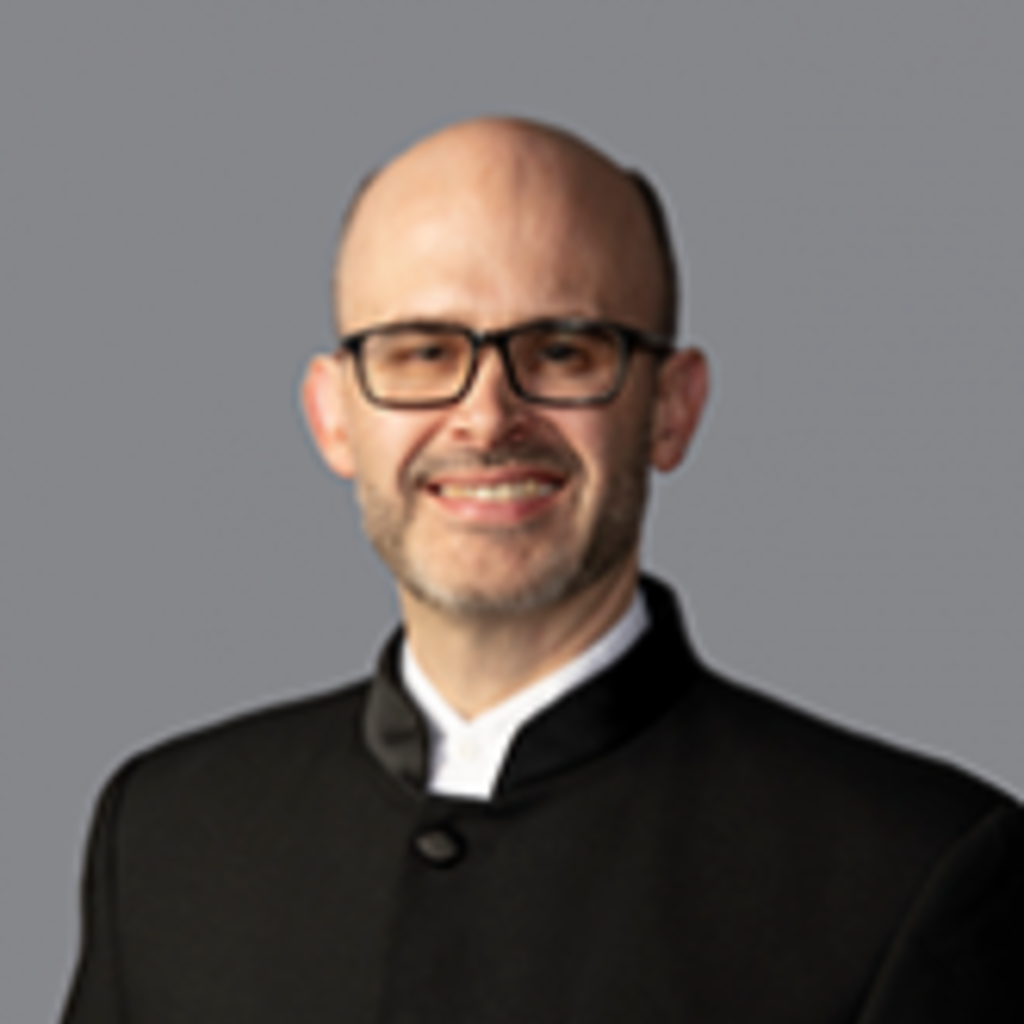Main navigation
Earn your DMA in choral conducting
Many fine students have earned a graduate degree in choral conducting, moving on to some of the most important choral positions in the country.
The graduate program in choral conducting and pedagogy normally has five to six graduate students in residence each academic year with funding for all of the students including a tuition waiver (including most fees), a stipend for a .25 time assistantship, and excellent health benefits. This number of students allows the faculty to better serve the needs of our students, providing more personal attention while, at the same time, assuring funding for your program.
The choral area prides itself in offering a rich, varied, and supportive student body with whom to interact during your graduate education.
The DMA in choral conducting requires 72 post-baccalaureate semester hours, a minimum of 39 graduate credits must be earned at the University of Iowa.
Contact the faculty
The choral faculty, comprised of the director of choral activities, David Puderbaugh, and associate director of choral studies, Alex Koppel, are dedicated, through their teaching, curriculum, and music making, to offering a premier education in all aspects of the conductor’s art, especially gesture, effective rehearsing, and score study, in tandem with a deep immersion in choral literature.
How to apply to the program
The application deadline for the graduate program is Dec. 1, 2025.
Start by filling out the online application following the directions and visiting the web pages on graduate admissions.
Choral M.A. applicants will not write a thesis, but a D.M.A. applicant will, so please check the appropriate box when choosing the correct degree designation.
Be sure to include:
- A sample of your writing. This sample is often an academic paper, but can also include a published article, review, or program notes for a concert, preferably on a music topic.
- A resume/C.V. regarding your education and experience.
- A link to a video on YouTube or another platform is accessible to the choral faculty. If the video is posted to a private account, please indicate how the choral faculty can access it. This video should be at least 20 minutes long and consist of rehearsal footage with a clear straight-on view of the conductor. Performance footage may also be included, but the video must include the conductor rehearsing an ensemble.
Once the graduate online application has been completed and the writing sample, resume/C.V., and video link have been uploaded to the application, the choral faculty will then review the applications.
Successful applicants will be notified and invited to campus by Jan. 15, with interviews taking place in February through the beginning of March and notification of admission by April 1 at the very latest.
If you are not a U.S. citizen or a permanent resident you will need to fill out the application for International Students. Because you will need to obtain the proper visa to study in the United States, it is strongly recommended that you begin the process of applying as soon as possible.
Requirements and program planning
Requirements and program planning
General requirements
- MUS:5300 Introduction to Graduate Study in Music (2 s.h.)
- MUS:7140 Seminar in Music Research (2 s.h.).
Music theory requirements
Students exempt from MUS:5200 through the advisory examination in music theory must complete 6 semester hours from the following:
- Counterpoint Before 1600 (MUS:4200), 3 semester hours
- Counterpoint After 1600 (MUS:4201), 3 semester hours
- Jazz Theory (MUS:4730), 3 semester hours
- Tonal Analysis (MUS:5235), 3 semester hours
- Non-Tonal Analysis (MUS:5236), 3 semester hours
- Analysis of Popular Music (MUS:5237), 3 semester hours
- Special Topics in Theory and Analysis (MUS:5240), 3 semester hours
- History of Ideas in Music (MUS:6210), 3 semester hours
- Theoretical Approaches to Music (MUS:6211), 3 semester hours
- Theory Pedagogy (MUS:6215), 3 semester hours
- Advanced Tonal Theory and Analysis (MUS:6250), 3 semester hours
- Advanced Non-Tonal Theory and Analysis (MUS:6251), 3 semester hours
- Advanced Theory and Analysis of Popular Music (MUS:6252), 3 semester hours
Music history requirements
Select from the music history courses in the following list. Only one 4000-level course (taken at the University of Iowa or equivalent transferred in from another institution) may count toward the 6 semester hours required:
- Music and Gender (MUS:4320), 3 semester hours
- Medieval and Renaissance Music (MUS:4325), 3 semester hours
- Baroque Music (MUS:4330), 3 semester hours
- 18th-Century Music (MUS:4335), 3 semester hours
- 19th-Century Music (MUS:4340), 3 semester hours
- 20th-Century Music (MUS:4345), 3 semester hours
- Advanced Jazz History (MUS:4350), 3 semester hours
- American Music (MUS:4355), 3 semester hours
- Jazz Matters (MUS:4360), 3 semester hours
- Studies in Film and Music (MUS:4610), 3 semester hours
- Teaching Music, History, and Culture (MUS:6305), 3 semester hours
- Topics in Musicology (MUS:6310), 3 semester hours
- Historical Approaches to Music (MUS:6312), 3 semester hours
- Topics in Ethnomusicology (MUS:6314), 3 semester hours
- Foundations of Ethnomusicology (MUS:6315), 3 semester hours
- Renaissance Music Notations (MUS:6326), 3 semester hours
- Music Editing (MUS:6375), 3 semester hours
Ensemble participation
Major Ensemble (four semesters required), 1 semester hour each
Area requirements
31-38 semester hours in these courses are required.
- Graduate Secondary Performance – Voice (MUS:6120), 1 semester hour
- Advanced Choral Conducting I (MUS:6581), 3 semester hours
- Advanced Choral Conducting II (MUS:6582), 3 semester hours
- Advanced Choral Conducting III (MUS:6583), 3 semester hours
- Advanced Choral Conducting IV (MUS:6584), 3 semester hours
- Seminar: Choral Literature & Analysis (MUS:6561), 3 semester hours
- Seminar: Choral Literature & Analysis II (MUS:6562), 3 semester hours
- Seminar: Choral Literature & Analysis III (MUS:6563 ), 3 semester hours
- Seminar: Choral Literature & Analysis IV (MUS:6564), 3 semester hours
- Score Reading (MUS:6585), 1 semester hour
- DMA Recital (MUS:7900), 3-6 semester hours; three recitals required
- Note: the first DMA recital also functions as a qualifying recital. In the event this recital is unacceptable, an additional recital with a different repertoire may be given at the discretion of the examining committee.
- DMA Essay/Thesis (MUS:7970), 2 semester hours minimum; 6 semester hours maximum. If a student started coursework prior to fall 2019, the range is 4-8 semester hours.
World language
Proficiency in two languages (French, German, or Italian) is required. Other languages must be approved by the choral area. One requirement must be met by the end of the student’s third semester. The second requirement must be met by the approval of the thesis proposal. Students may satisfy the proficiency requirement in the following ways:
- Testing out of the second semester of the language at the University of Iowa by individual testing through the individual foreign language departments. See the director of choral activities regarding this option.
- Passing of one of the following courses with a grade of C or higher. German: GRMN:5000 German Reading for Graduate Students (prerequisites: GRMN:1002 or GRMN:1010 or GRMN:1020); GRMN:1002 Elementary German II; GRMN:1020 Intensive Elementary German
French: FREN:1002 Elementary French II; FREN:4911 French for Reading and Research
Italian: ITAL:1102 Elementary Italian II; ITAL:3002 Intensive Elementary Italian - Passing a course of similar scope (C or higher) from another institution. Check with the choral activities before enrolling in a course.
Create Your Academic Path
You'll find degree overviews, requirements, course lists, academic plans, and more to help you plan your education and explore your possibilities.
Current Course List
The MyUI Schedule displays registered courses for a particular session and is available to enrolled students. The list view includes course instructors, time and location, and features to drop courses or change sections.
Add a minor
Any student admitted to a graduate degree program in the School of Music may add a theory pedagogy minor by completing the required courses.
Conducting faculty

Eric W. Bush

Richard Mark Heidel

Alex Koppel
Kenny Lee
Nick Miller

David Puderbaugh
Practice and perform
Need to book a music room, request an accompanist, check out audition information, rent a locker, or use a recording studio? Visit the Music Callboard for all scheduling and policy information.